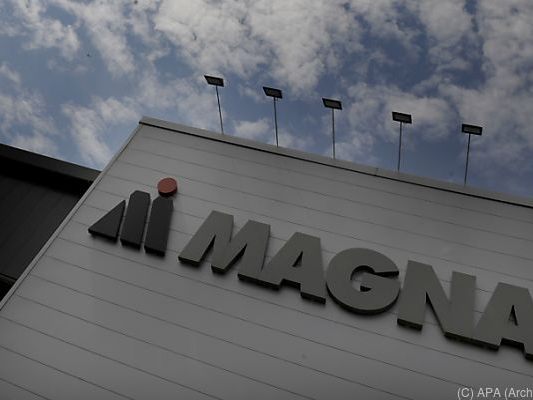
Magna also suffers from a shortage of chips
© APA (archive image)
Due to the global shortage of chips, Canadian auto supplier Magna lost sales in the third quarter and its net result fell to almost zero. After revenue doubled in the second quarter, revenue fell 13 percent in the third quarter, from 9.13 billion to $7.92 billion (6.85 billion euros). Magna announced Friday that net income fell from $405 million to $11 million, and lowered its full-year forecast again.
Over the course of nine months, Magna increased sales from $22.08 billion to $27.13 billion, and net income increased from $19 million to $1.05 billion. Adjusted operating income (EBIT) decreased from $778 million to $229 million for the third quarter and increased from $581 million to $1.56 billion for the nine months combined.
Sales and EBIT remained below expectations in the third quarter because auto production was also unexpectedly low, Magna explained. This is mainly due to the constant shortage of semiconductor chips, which has led to unexpected changes in production at customers – the result of inefficiencies in Magna factories. The results also declined due to higher production costs and the allocation of technical service contracts with the automotive division of the Chinese real estate giant Evergrande.
As in August, Magna once again revised its forecast for 2021 downward. Total sales for the full year are now expected to be $35.4 billion to $36.4 billion, up from $38.0 billion to $39.5 billion based on previous assumptions. The outlook for the entire vehicle segment (Magna Steyr in Graz) was lowered from previously $6.3 billion to $6.6 billion to $6.0 billion to $6.2 billion. The group now sees only the EBIT margin in the range of 5.1 to 5.4 percent instead of 7.0 to 7.4 percent. The bottom line is that net profit is likely to be between $1.35 and $1.45 billion, she says; So far it is estimated at 2.0 to 2.2 billion dollars.

“Total coffee aficionado. Travel buff. Music ninja. Bacon nerd. Beeraholic.”








More Stories
Wealthy families take more risks when it comes to money.
Salesforce and NVIDIA Form Strategic Collaboration to Drive AI Customer Innovation
Changing banks causes problems for customers